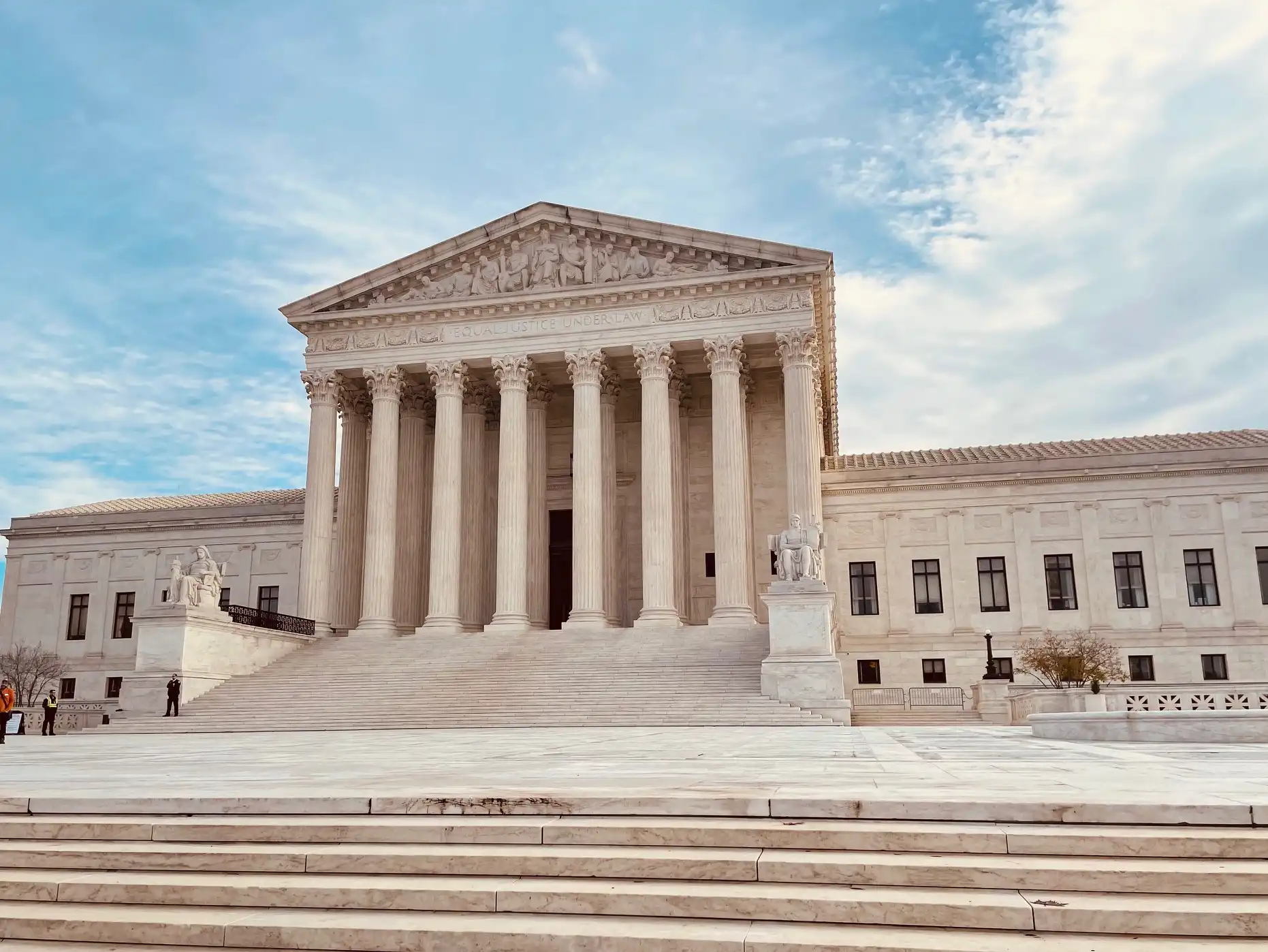Supreme Court abortion pill ruling cheered CT worries persist
Connecticut celebrates Supreme Court decision upholding abortion medication access, but warns of future legal threats post-Roe v. Wade overturn.
Reproductive rights advocates and Democratic state officials in Connecticut celebrated the recent U.S. Supreme Court decision upholding access to abortion medication. However, they also expressed concerns about potential future legal threats to limit abortion rights following the overturning of Roe v. Wade.
In a unanimous opinion written by Justice Brett Kavanaugh, the Supreme Court ruled against restricting expanded access to mifepristone, a commonly used abortion pill. The decision was based on legal standing, focusing on whether a party could bring a lawsuit before the court and prove they had or would suffer an injury.
While advocates breathed a sigh of relief, they acknowledged the possibility of future litigation and ongoing attacks from anti-abortion extremists seeking to restrict and ban abortion nationwide. The case, "FDA v. Alliance for Hippocratic Medicine," marked the first major abortion-related case since the landmark 2022 ruling that shifted abortion protections to the states.
Mifepristone, used in conjunction with misoprostol, is a key component of medication abortions. Its use has increased significantly in recent years, with data showing that over half of abortions in the U.S. involve medication abortion. In Connecticut, nearly 64% of abortions in 2021 were medication abortions using mifepristone.
The FDA has expanded access to mifepristone through regulatory changes, including lowering the dosage, extending its use up to 10 weeks of pregnancy, and allowing certified pharmacists to dispense it via mail-order delivery. Despite the recent Supreme Court decision, advocates anticipate continued challenges to mifepristone access in both legal and administrative arenas.
State leaders in Connecticut and Washington had anticipated a dismissal of the case based on standing or a narrow ruling on pill access. However, the fight for reproductive rights is far from over, with concerns about potential threats to abortion access looming on the horizon.
While Republicans lawmakers have remained largely silent on the issue, anti-abortion groups have expressed disappointment with the ruling. They continue to advocate for restrictions on mail-order abortion drugs and have support from state attorneys general in Idaho, Kansas, and Missouri.
In the Supreme Court ruling, the justices emphasized that the plaintiffs lacked standing to challenge the FDA's regulations on mifepristone. They suggested that concerns about FDA actions could be addressed through regulatory processes, federal legislation, and political avenues.
Moving forward, advocates and state officials in Connecticut remain committed to protecting reproductive rights and ensuring access to safe and legal abortion care. While the recent Supreme Court decision was a victory, they recognize the ongoing threats and challenges that lie ahead. The fight for reproductive freedom continues, with a focus on safeguarding the rights of patients and providers to make their own healthcare decisions free from political interference.











Comments on Supreme Court abortion pill ruling cheered CT worries persist